Our History
Since she was a young girl, Fereshteh has had a passion for education. Her father taught her to value education for the opportunity and freedom it could provide. He always described it as “the light for a bright future.” Fereshteh became that beacon of light as a child and shared her drive for education with those around her.
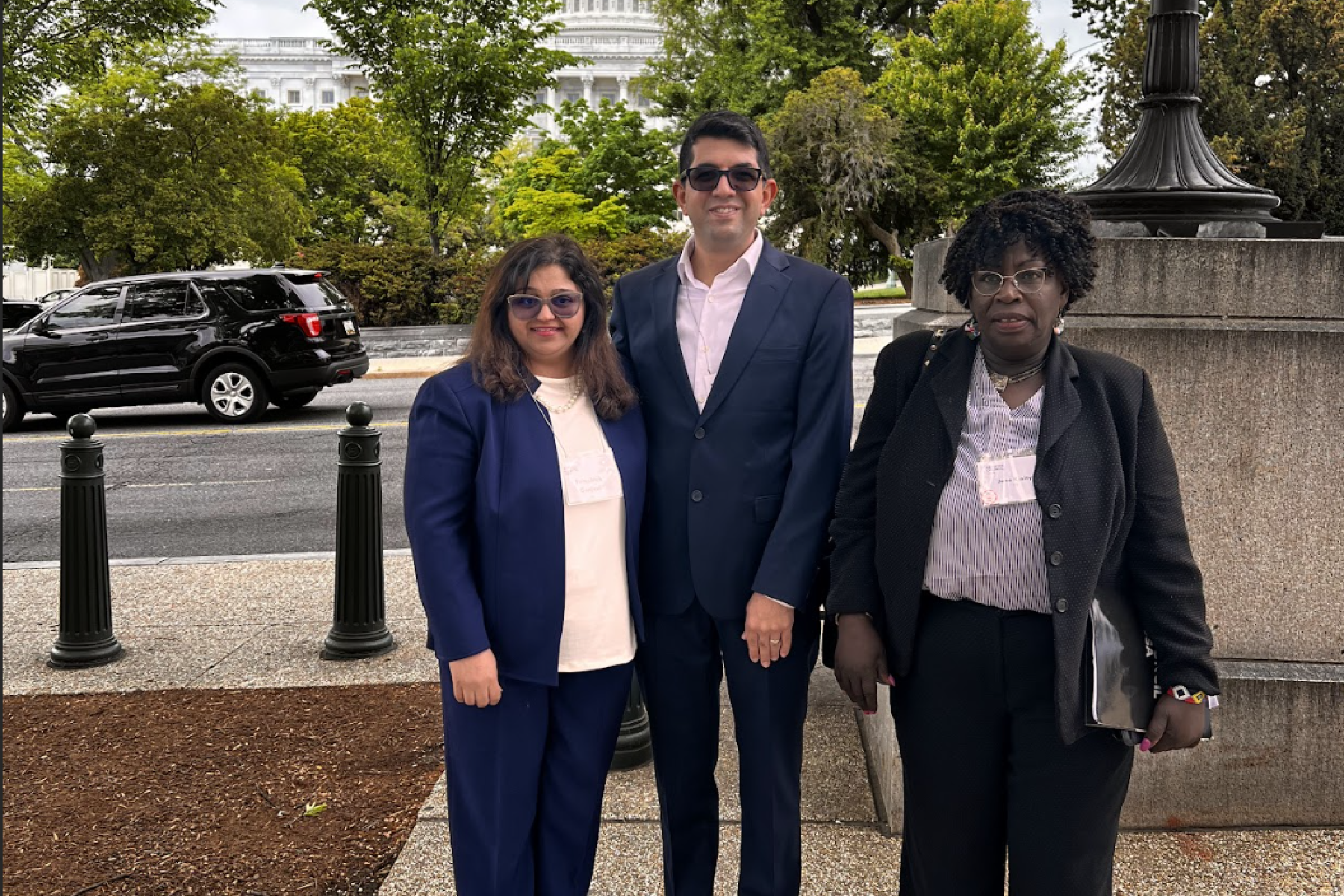
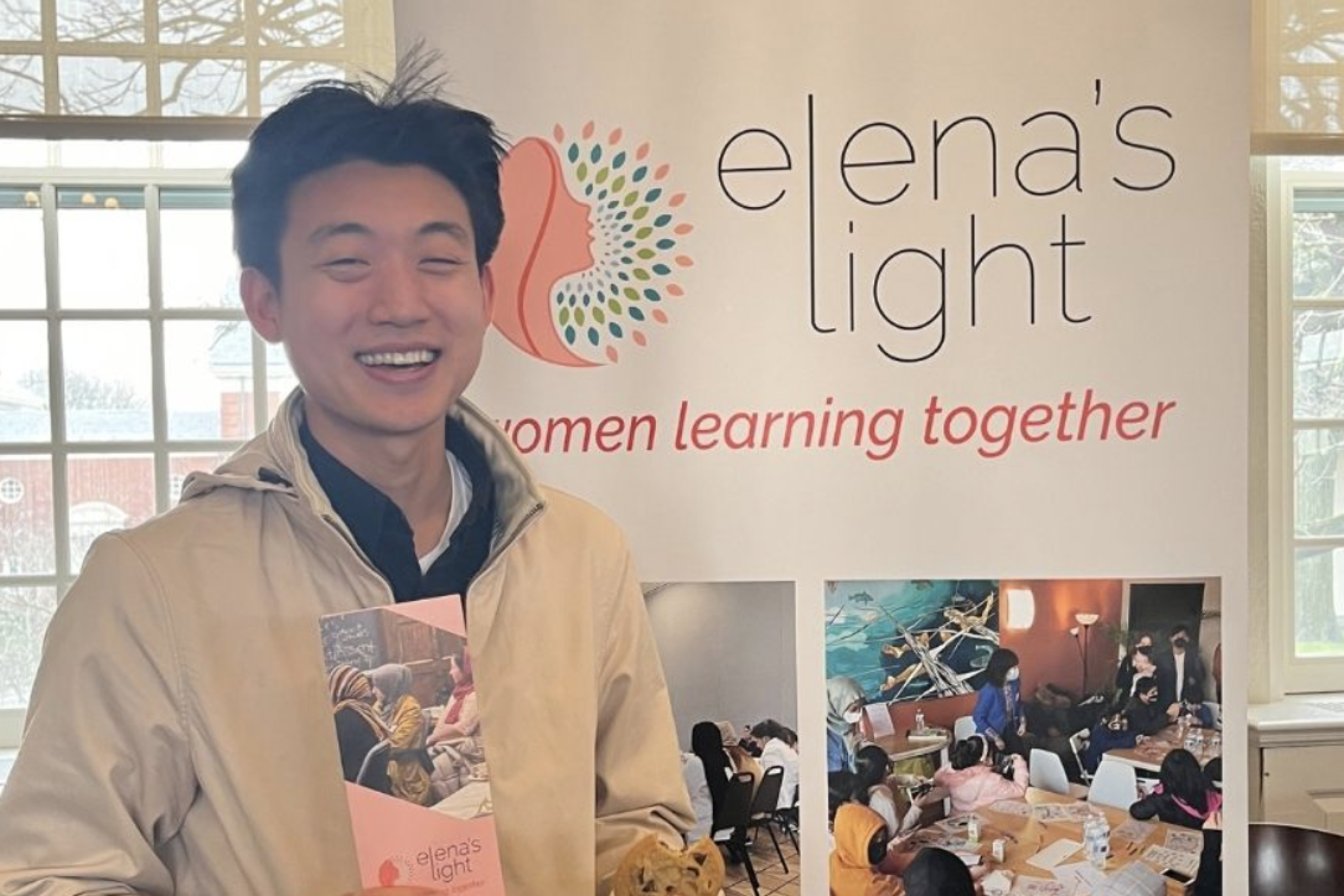
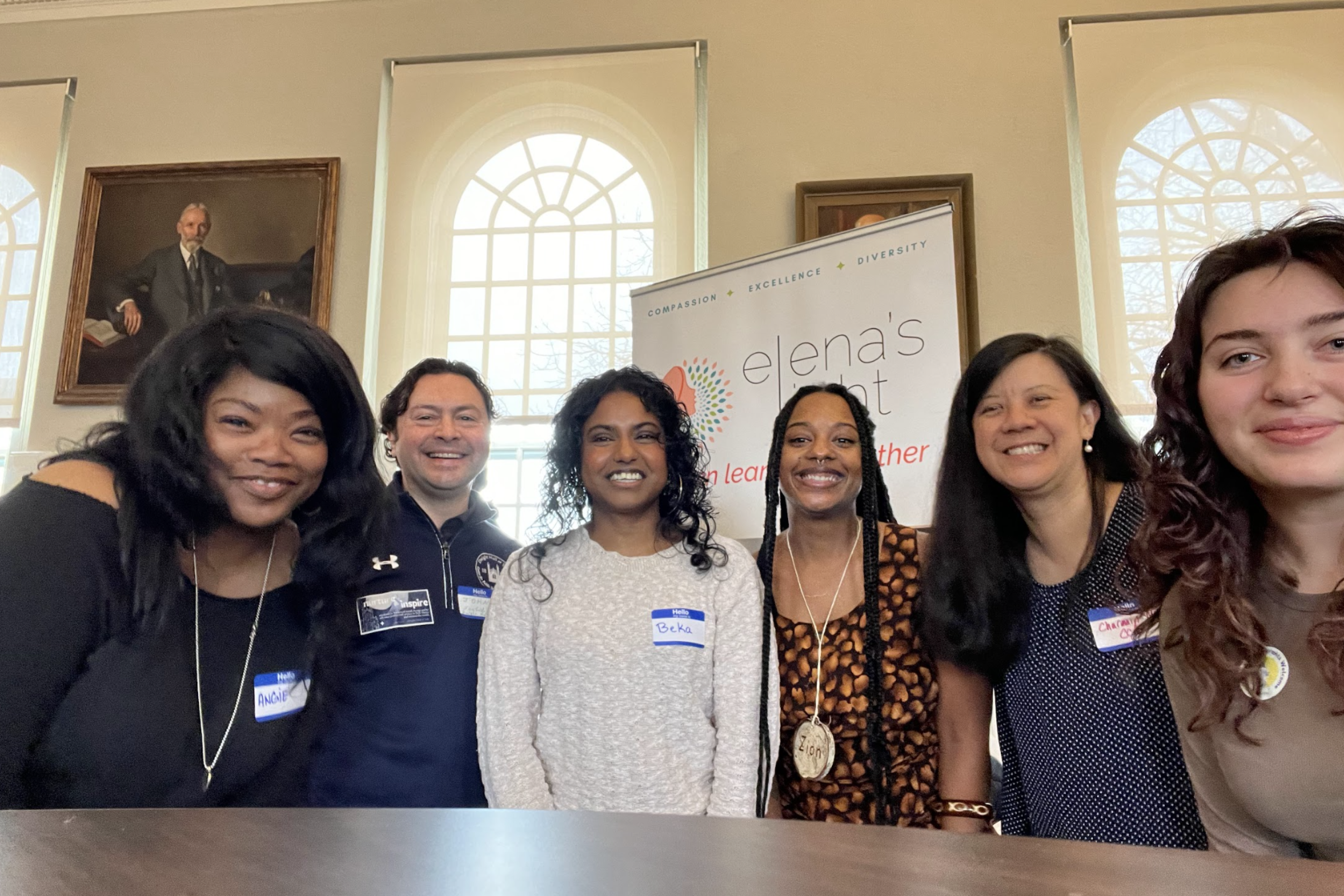
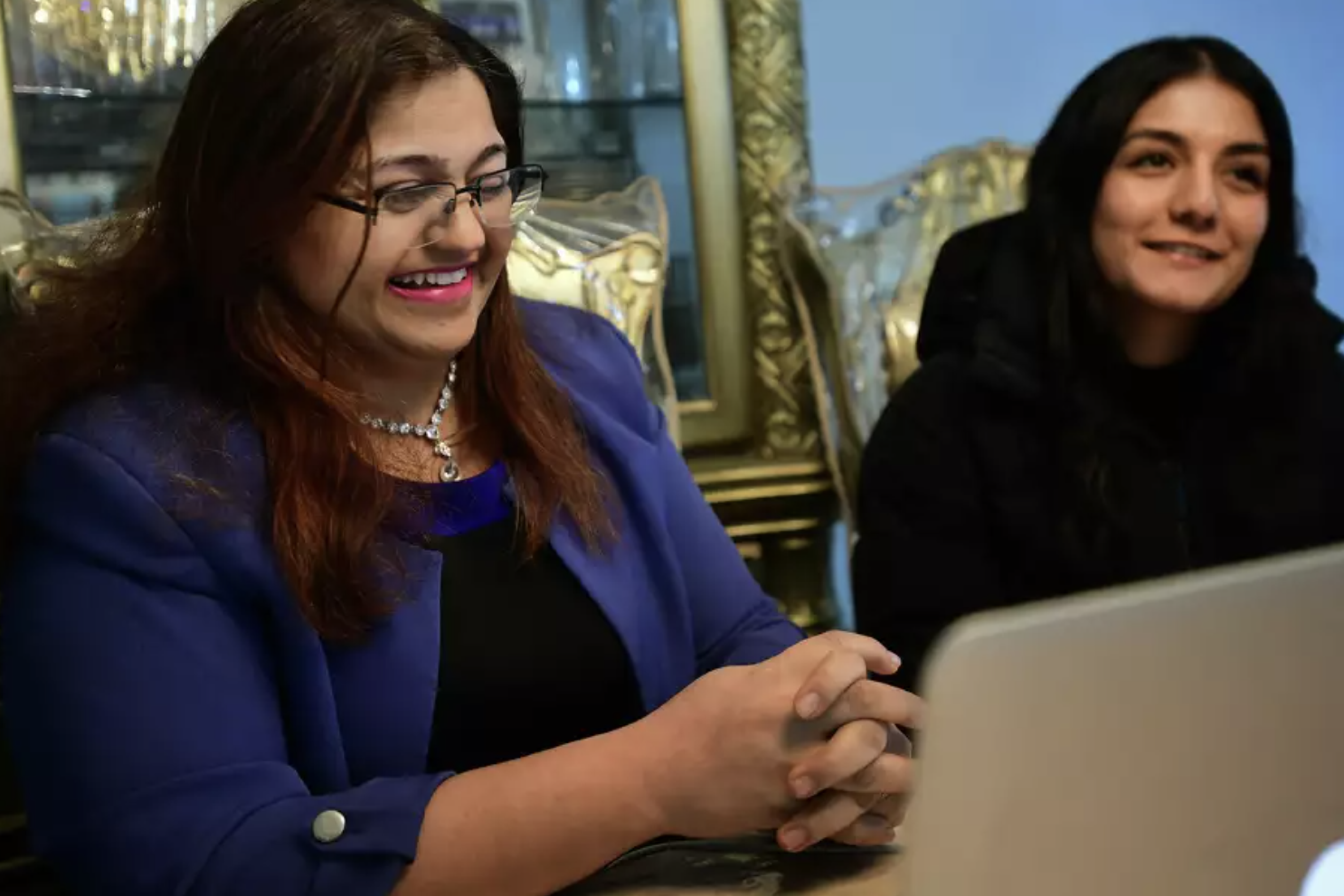
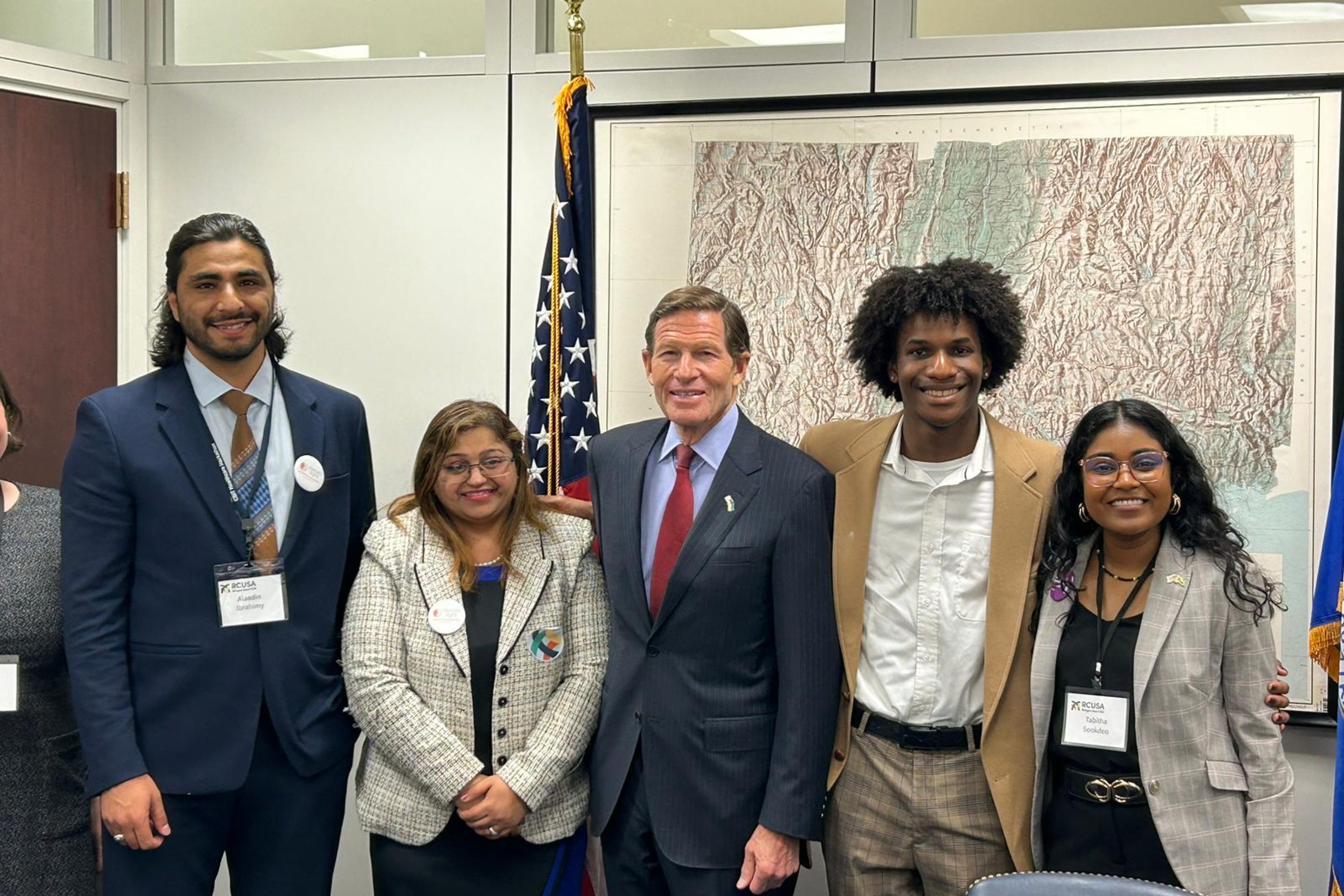
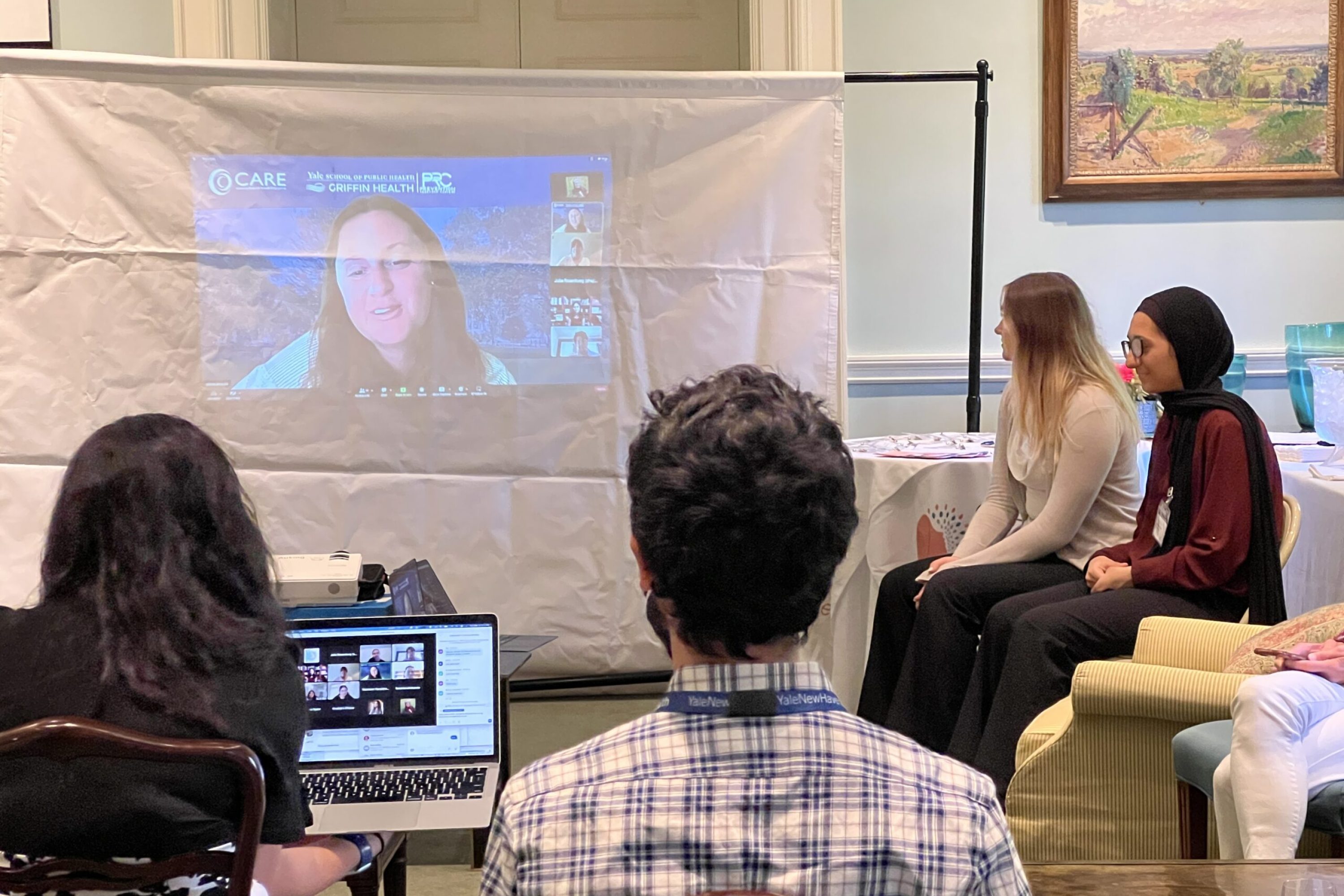

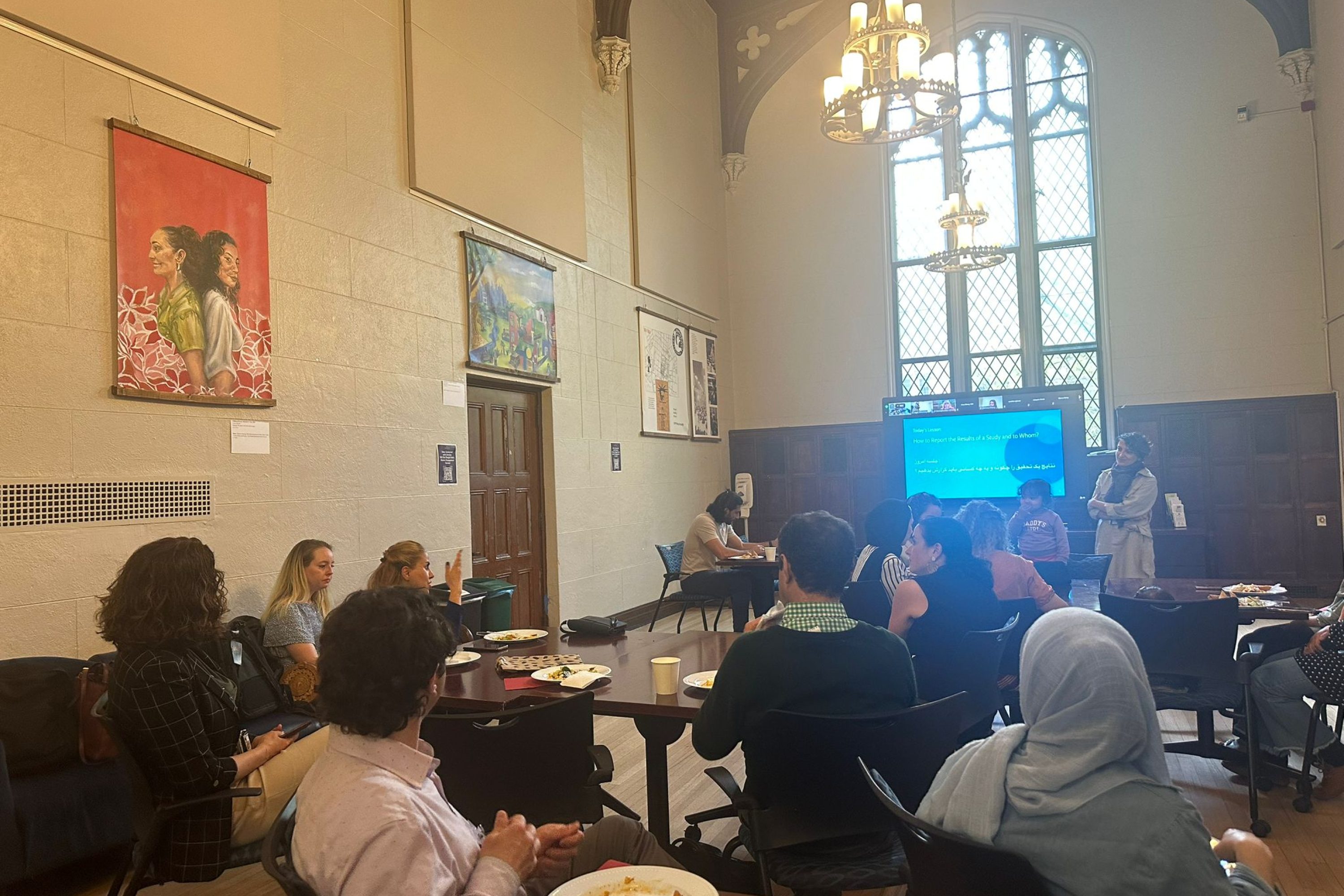
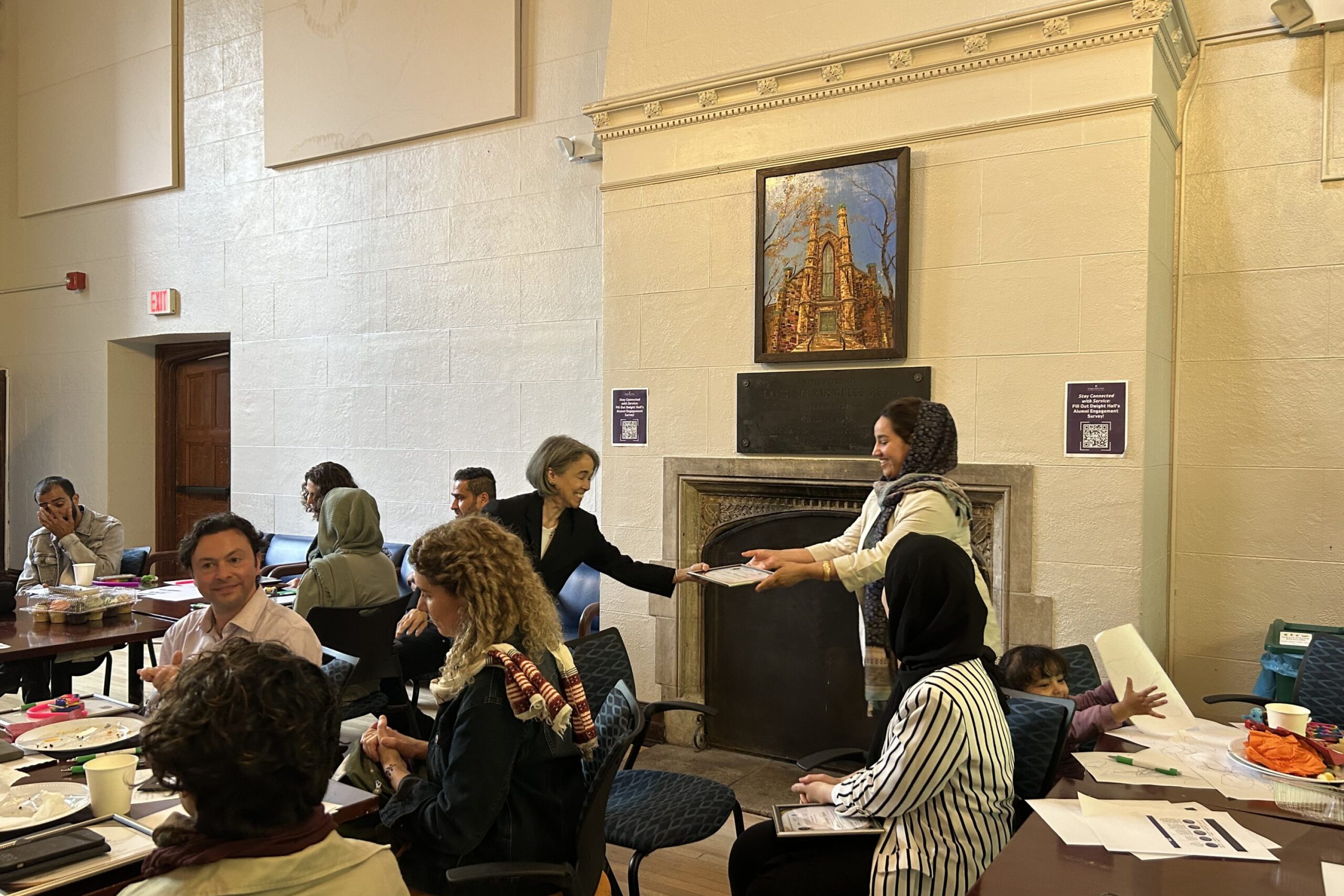
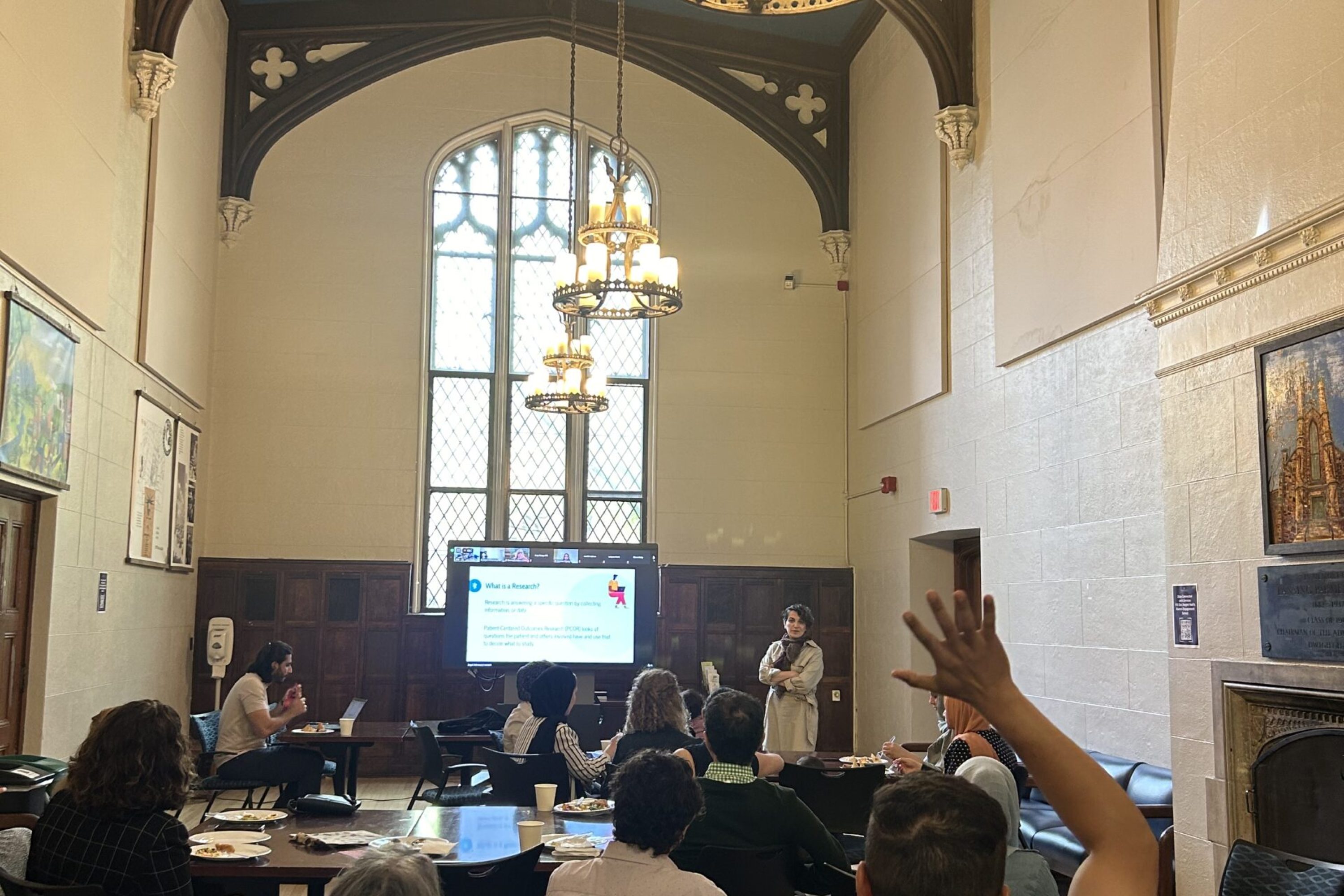
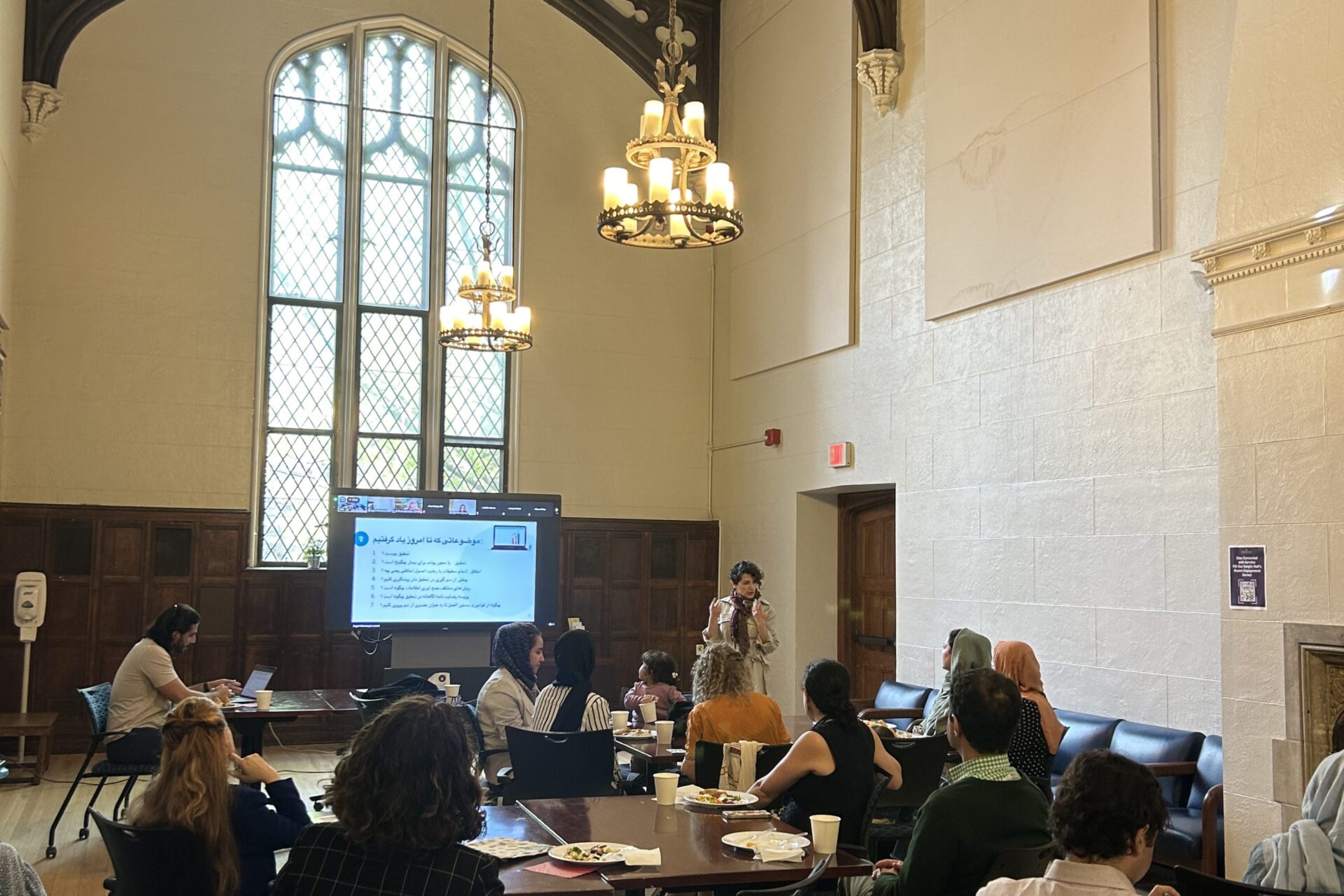
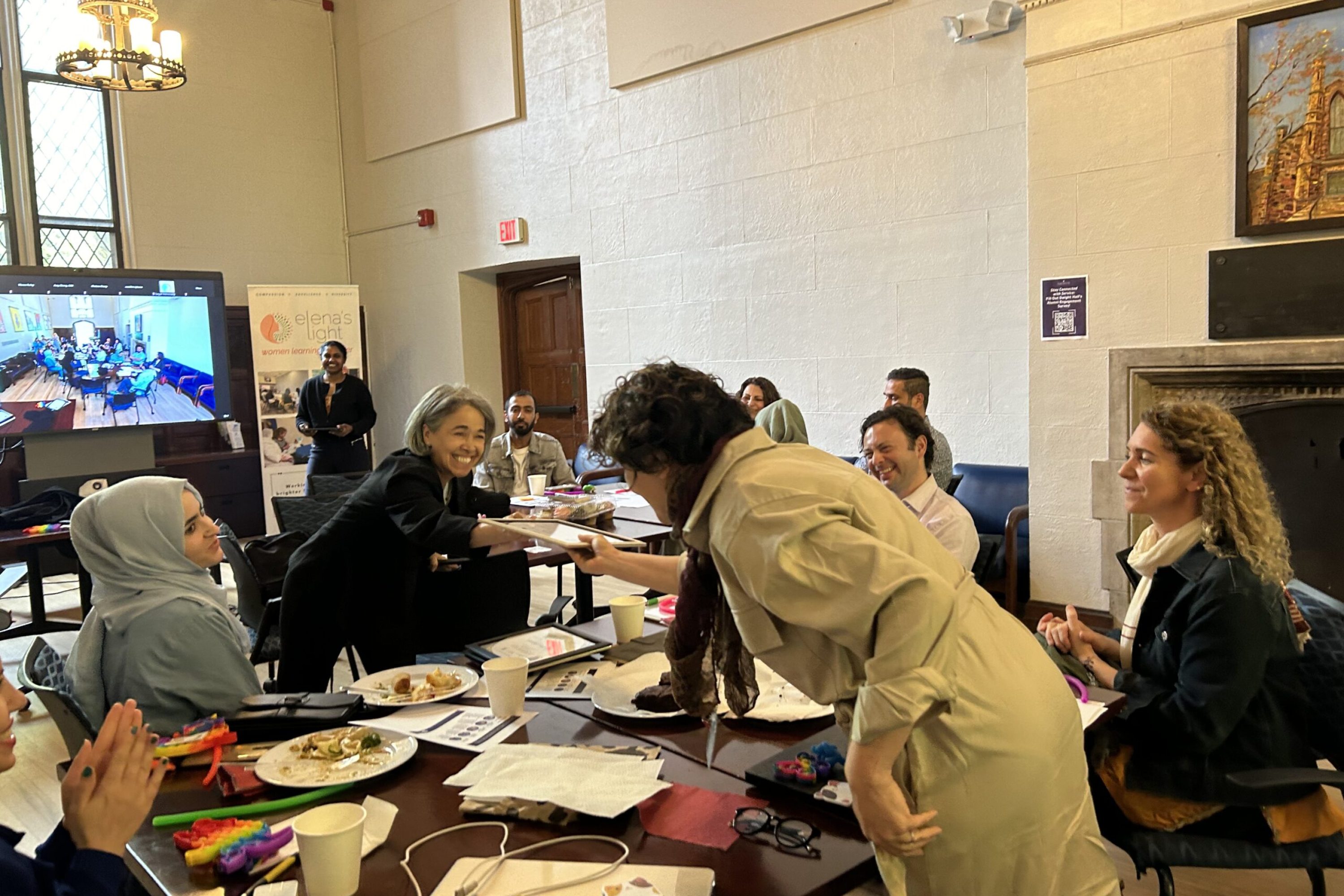
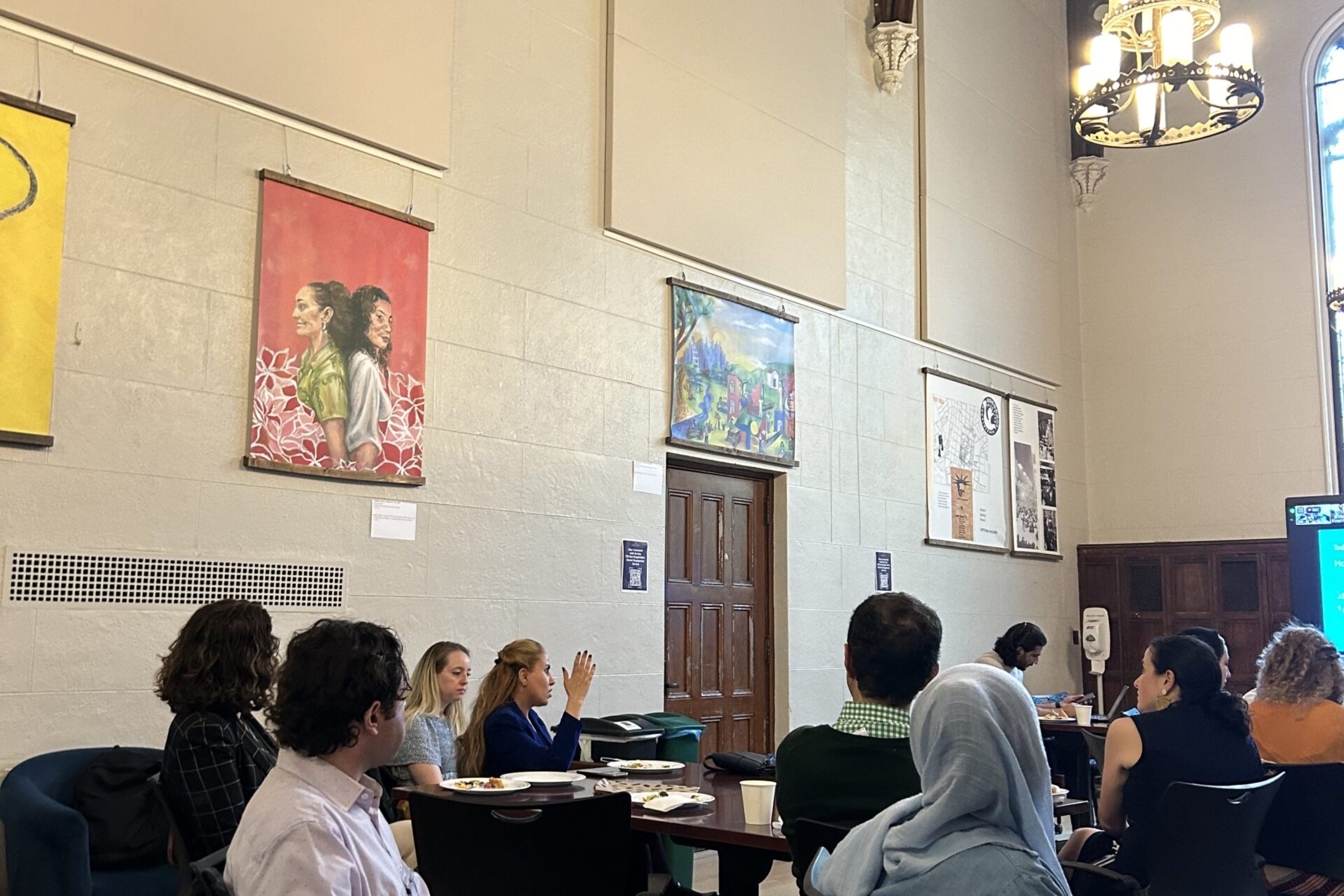
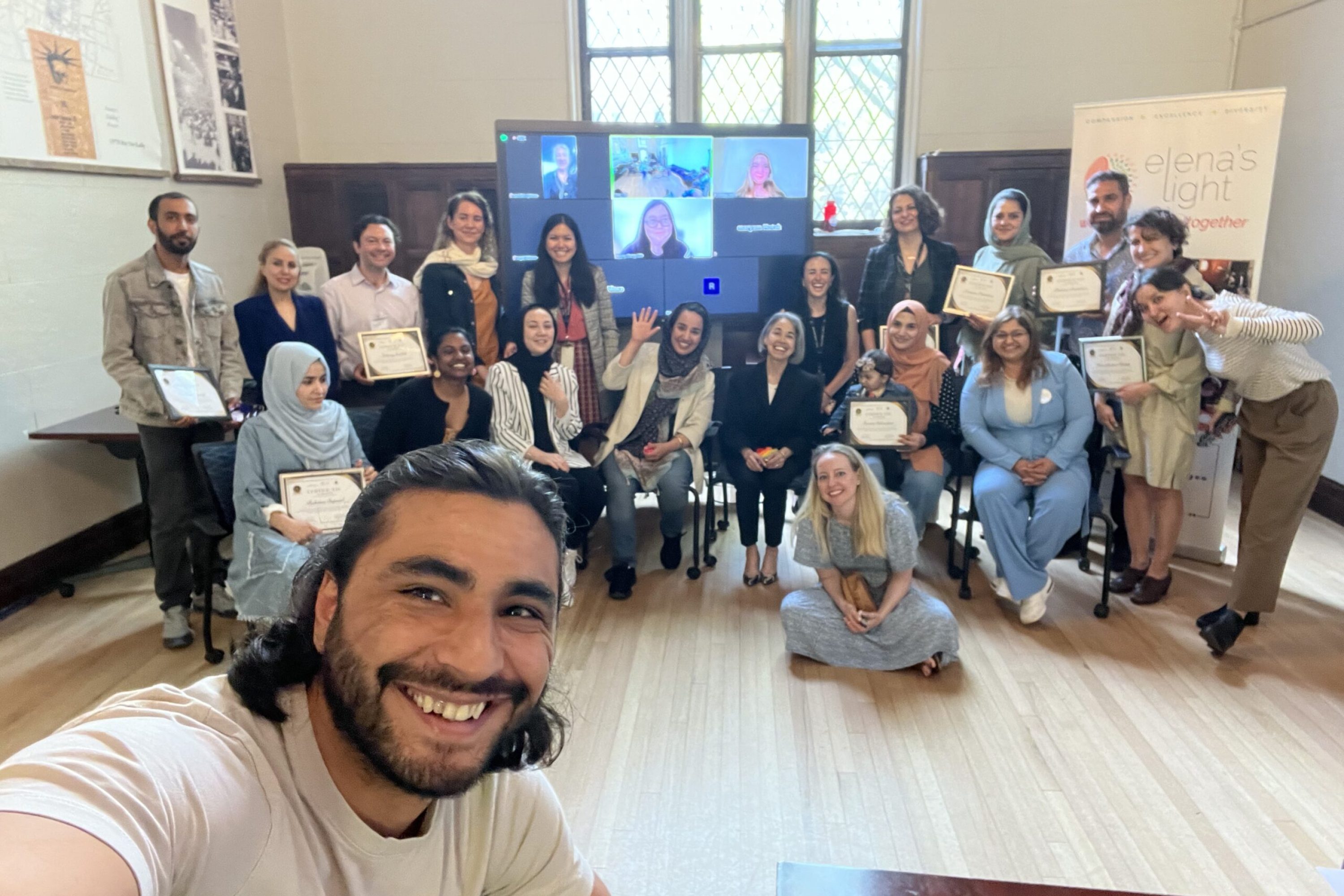
After being resettled in the United States, Fereshteh realized that people in her community – especially women – still couldn’t access practical and tailored education for their needs. Recently resettled individuals receive valuable support from their refugee resettlement agency. However, various cultural, familial, and logistical obstacles prevent many from attending available classes.
“I became an adult at the age of twelve while I was in 6th grade. Because my parents fled to a second country from Afghanistan, they had no legal documents, and I could not go to elementary school. I shadowed adult classes in my community but was never on the roster.
My father, seeing that I was not the only one prohibited from attending school, connected me with Afghan kids in my neighborhood. I became a teacher, leader, and guide for Afghan students who were not allowed to go to school because they lacked legal documentation. Some students were even older than me.
They were thirsty for education. Although the city’s signs were brightly lit, they were lost in the darkness because they could not read them. My father asked me to help by teaching them, and he gave me all the confidence I needed.
The school we started had two sessions during the day; I became a teacher in the mornings and a student in the afternoons. I worked hard at our secret Afghan school to make that place a safe home for anyone wanting an education.”
Elena’s Light was born to serve these unmet needs. Designed with accessibility in mind, Fereshteh set out to design a program to finally address the challenges faced by refugee and immigrant families in the United States. Drawing on her own experience and the experiences of those around her, she created a solution with a three-pronged approach:
The provision of free In-home customizable ESL tutoring sessions with a focus on driver’s education
The provision of in-home maternal and pediatric health education services
The creation of safe spaces for cultural exchange and immersion
Thus, our organization was born.
At roughly the same time we were founded, Fereshteh’s first daughter, Elena, was born too. Elena, whose name means “light” in Farsi, embodies the hope and opportunity that refugees and immigrants leave their homes to find.
Elena’s birth inspired our organization’s name. “Elena’s Light” is a reference to Fereshteh’s father’s description of education as “the light for a bright future.” Fereshteh also wanted to use Elena’s name to address an Afghan cultural taboo. In her culture, women are often not referred to by their first names but identified in relation to a male (“John’s sister, Abdu’s daughter, etc.). By using Elena’s name, Fereshteh made a statement on equity, equality, and the importance of educational opportunity for everyone.
Elena’s Light is working to help build brighter futures for refugee women and children.